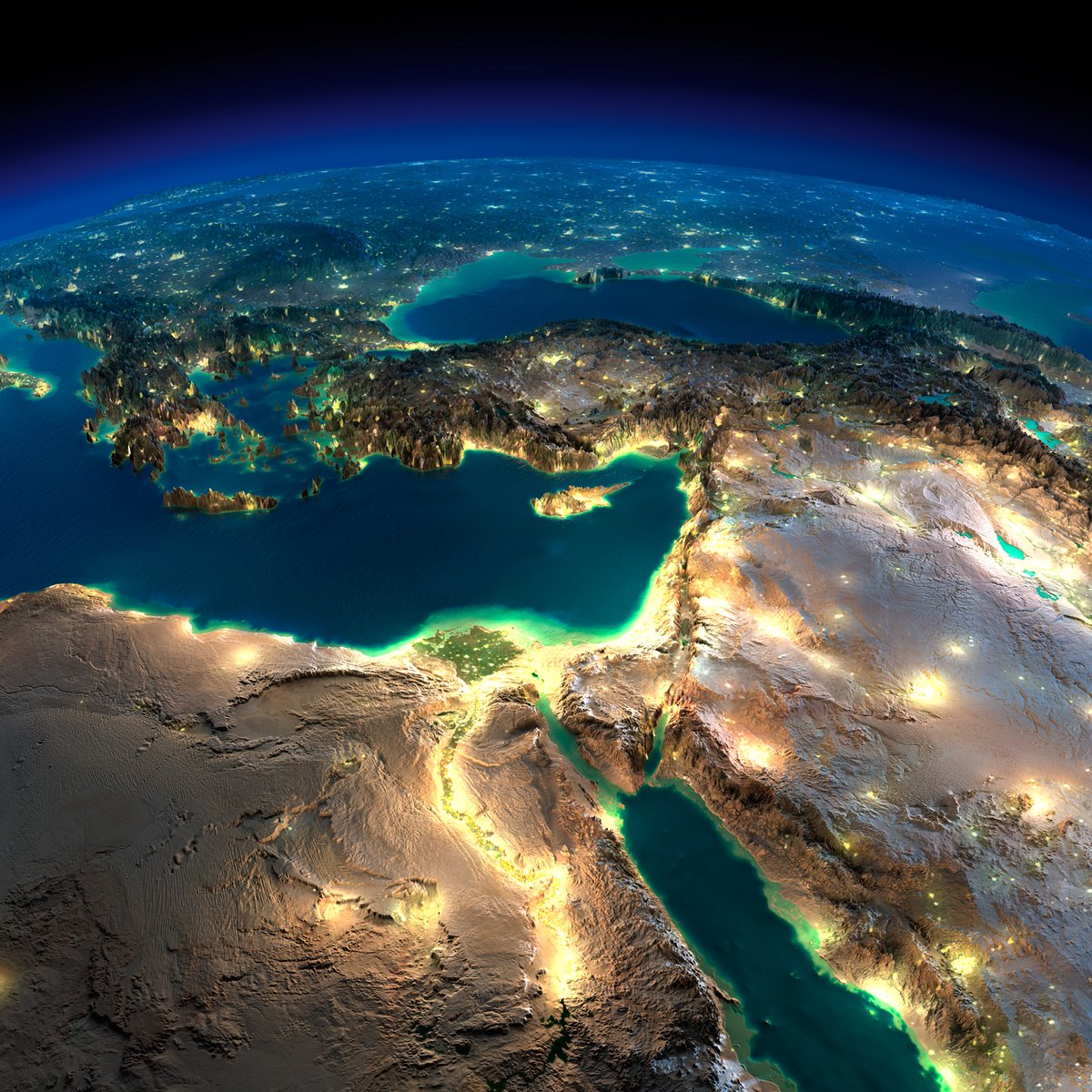THREAD -> In this age of artificial intelligence people sometimes ask me what makes us human, and I reply: the ability to #dream. We have the unique capacity to imagine a future different from the present, and act to bring it about. 

From Joseph in the Bible, who dreamed #dreams and interpreted the dreams of others, to Martin Luther King (#MLKDay), whose greatest speech was ‘I have a dream,’ heroes of the human spirit have taken dreams seriously and used them to widen our horizons of possibility.
The prophet Joel foresaw a time when “your old people will dream dreams, and your young will see visions.” The ability to dream and the gift of finding people who help us realise our dreams are what liberate us from the prison of fate.
Never take #dreams lightly. They are our route from the too often depressing world that is, to the hopeful world that might yet be. To all those celebrating have a wonderful #MLKDay!
• • •
Missing some Tweet in this thread? You can try to
force a refresh









